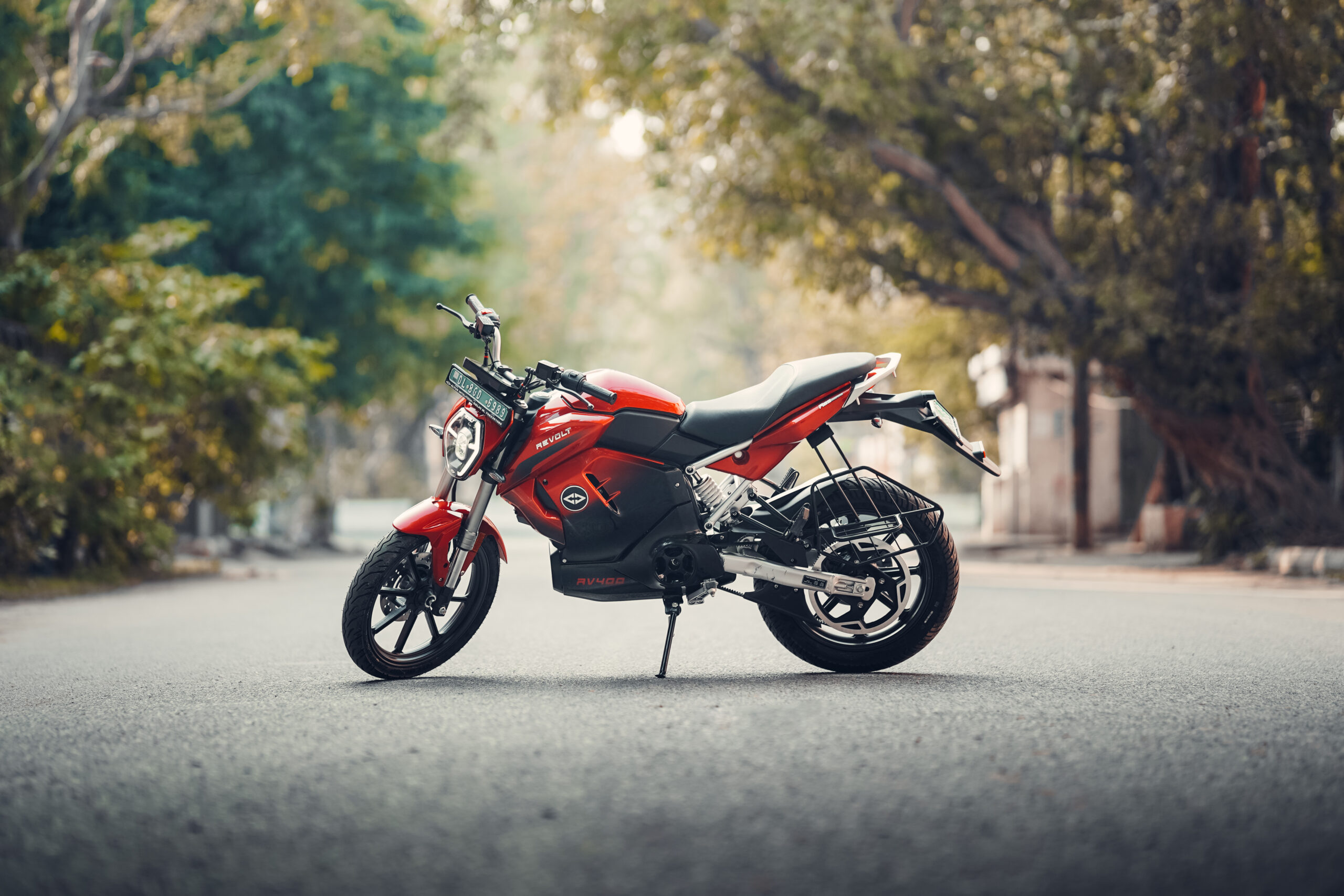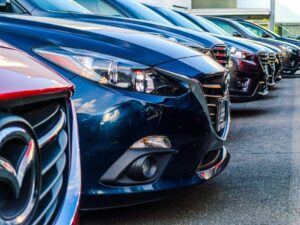
In recent years, the auto industry has witnessed a transformative shift towards sustainable and eco-friendly alternatives. One such evolution is the rise of electric motorcycles (or battery bikes), challenging the dominance of traditional internal combustion engine bikes. In this article, we’ll compare electric and petrol bikes, helping you make an informed decision. Keep on reading to learn more.
Electric Bikes Vs. Petrol Bikes: Major Differences
- Environmental Impact –
The environmental impact is a critical consideration in the current era of climate change awareness. Battery bikes emerge as clear winners in this category. Unlike petrol bikes that run on fossil fuels, electric bikes produce zero tailpipe emissions during operation. This significantly contributes to reducing air pollution, making them an eco-friendly option. Moreover, the manufacturing process of electric motorcycles tends to have a lower carbon footprint, further enhancing their environmental credentials.
- Design –
Design plays a pivotal role in attracting consumers to a particular type of motorbike. Best electric bikes often showcase sleek, futuristic designs that reflect their cutting-edge technology. With fewer mechanical components required for an electric motor, designers have more flexibility to create streamlined and aesthetically pleasing models. On the other hand, petrol bikes, while maintaining a classic charm, may not have the same level of design innovation due to the constraints of traditional combustion engine layouts.
- Price and Cost-efficiency –
One of the primary factors influencing consumer decisions is the cost of the vehicle. While the initial purchase price of electric motorbikes tends to be higher than that of their petrol counterparts, the long-term cost-efficiency favours the former. Electric bikes generally have lower operational costs as electricity is cheaper than petrol, and the maintenance requirements are minimal. Petrol motorbikes, although more affordable initially, can become more expensive over time due to rising fuel costs and frequent maintenance needs associated with internal combustion engines.
- Range –
Range anxiety (the fear of running out of battery power) has been a significant concern for potential electric motorcycle buyers. However, advancements in battery technology have led to substantial improvements in the range of battery bikes. While petrol motorbikes may have the advantage of easily accessible petrol stations, electric bikes are catching up with fast-charging infrastructure development. The range of electric motorbikes is expanding, making them suitable for daily commuting and longer rides.
- Performance –
Battery bikes are not just environmentally friendly; they also offer impressive performance. Electric motors provide instant torque, resulting in quick acceleration and a smooth, responsive ride. Petrol motorcycles, with their internal combustion engines, have a long history of delivering strong performance, especially in terms of top speed. However, the torque delivery in petrol-powered bikes may not match the instantaneous response of electric motorbikes.
- Maintenance and Upkeep –
The maintenance requirements for electric motorcycles are generally lower compared to petrol motorbikes. Battery bikes have fewer moving parts, reducing the risk of mechanical failures and simplifying maintenance tasks. Traditional motorbikes require frequent servicing, including oil changes, filter replacements, and exhaust system maintenance. Electric bikes, with fewer components prone to wear and tear, offer a more hassle-free ownership experience, saving riders both time and money.
- Driving in Cities Conveniently –
As urban areas become more congested, the convenience of navigating through city streets becomes a crucial factor. Electric motorcycles have a distinct advantage in crowded city environments due to their compact size. They can easily maneuver through traffic, and their lack of emissions promotes better air quality. Additionally, their quiet operation reduces noise pollution for residents and fellow riders. While being quick, petrol motorbikes may contribute to noise and air pollution, making them less ideal for densely populated urban settings.
- Connectivity and Ease of Use –
Modern consumers often seek vehicles that integrate seamlessly with their connected lifestyles. Electric motorbikes, in many cases, come equipped with advanced connectivity features. These may include smartphone integration, GPS navigation, and real-time monitoring of battery status and range. Petrol motorbikes are evolving in this aspect but may not offer the same connectivity and ease of use. Electric bikes’ intuitive interfaces and smart features cater to tech-savvy riders, enhancing the riding experience.
Electric Bikes Vs. Petrol Bikes: Conclusion
The choice between electric and petrol motorbikes depends on individual preferences, riding habits, and the evolving landscape of the automotive industry. Electric motorcycles excel in environmental impact, long-term cost-efficiency, and city convenience, offering a glimpse into the future of sustainable transportation. On the other hand, petrol motorbikes maintain their appeal with classic design elements, a well-established infrastructure, and the familiarity of internal combustion engines.
Ultimately, the best choice comes down to your priorities. Take your time, weigh the pros and cons, and choose the ride that best suits your lifestyle and riding experience.








